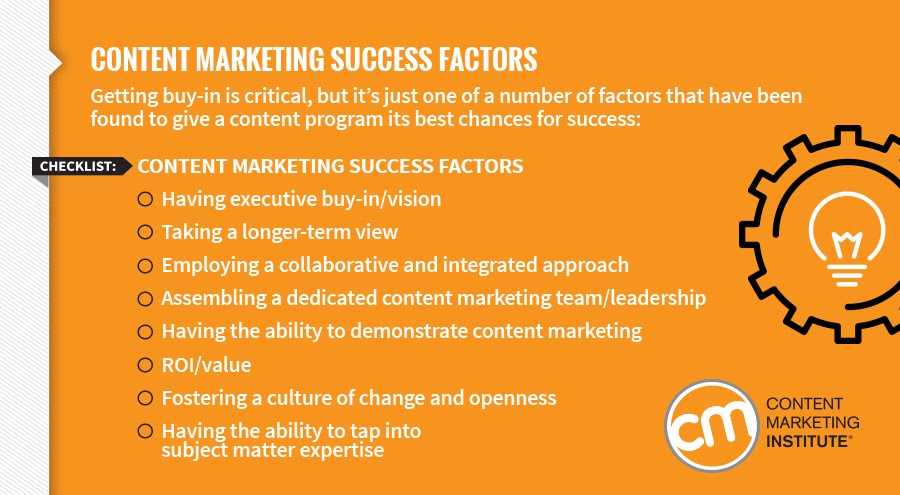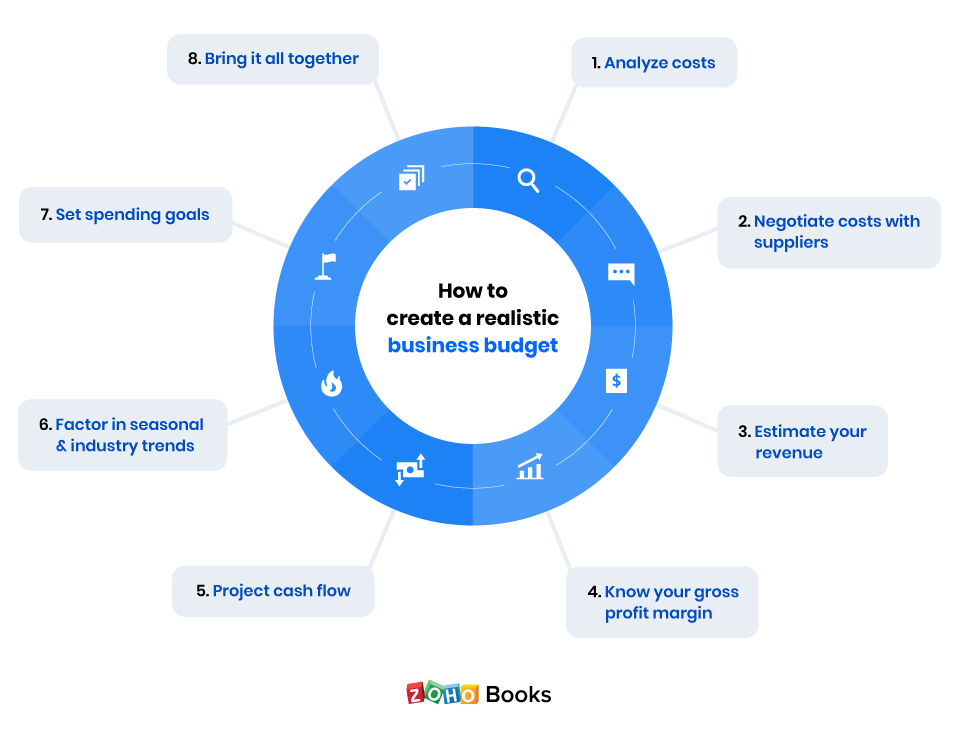Content Marketing for Small Companies: 5 Tips to Set a Budget

Table of Contents
- 5 Tips for Creating a Budget for a Small Business
- Key Takeaways
- Conclusion
- FAQs
If you are a small content firm, you need to be serious about setting money aside for your content marketing budget. Budgeting is an important part of any small business’ content marketing strategy. From producing content types and building your brand authority to investing in social media campaigns and paying salaries to employees and more, budgeting is vital.
But many content marketers don’t know how to keep aside money to undertake content marketing for small businesses. In that case, you have nothing to worry about, because this post discusses the best ways to set your content marketing budget as a small business.

5 Tips for Creating a Budget for a Small Business
Here are the five factors that you should keep in mind when creating a budget for your small business’ content marketing needs.
1. Know about your business’ operational cost
One of the sure-shot small business content marketing strategies when it comes to setting a budget is understanding your sales funnel and operational costs. You should know about the results gained through your sales funnel. This can be done on a customer relationship management (CRM) tool and get data on your monthly visitors, leads converted, and much more. You can decide to increase or decrease the money allocated to sales as per your findings. Another thing is getting to know about your operational cost. If what you’re spending on operations is more than what you are gaining, you can reduce the budget for it.
2. Understand your goals
This is one of the most essential content marketing tips for small businesses. You should decide about your content marketing budget based on business goals. You can ask yourself a few questions. For example, what are your content marketing objectives for the next six months or a year?
Based on your findings, you should set aside your content marketing budget. Small brands split their funds between different aspects like brand development (blogs, sales collateral, and websites), campaigns, events, and ads. This segmentation is what your small business content marketing strategy should focus on.
3. Think of content marketing as an investment, not a cost
Often, marketing teams make the mistake of positioning content marketing as a cost and not an investment. Small businesses, especially, may look at last year’s marketing expenses and decide accordingly for the upcoming year as well. This is where your outlook needs to be changed.

You should be aware of the fact that investing the right way in content marketing will surely bring you quantifiable results in the form of increased ROI over time. In short, the money that you invest for your small business’ content marketing strategy will bring you more returns later.
4. Consider your growth stage
You should understand that your content marketing budget will be affected significantly based on whether your company is in the planning or growth mode. And it is one of the most important factors to consider when it comes to deciding on a budget for content marketing for small companies.
Being in the growth stage does not mean slowing down as far as budgeting is concerned. You will need to pump in money to generate top revenue at a blistering pace. It is where you must decide to increase investment in a lot of activities. For example, you can devote funds to set up a website or an app, wherein all aspects of content marketing could be taken care of. However, keep in mind that the website should be more than an online brochure of your business.
If you are in planning mode, you would like to welcome steady growth rather than just spikes in your revenue. In this case, it would be a good idea to consider long-term content marketing tools, such as earned media. It also comes with producing and publishing in-house content and paving the way for newer strategies in time.
5. Understand current and future trends
One of the best things that can help you decide on a budget for a small business content marketing strategy is understanding trends. You should be aware of the current and future trends pertaining to your niche or industry. Trends largely dictate a business’ content marketing efforts. It is significant to know and implement changes happening in your industry. Otherwise, your small brand may have a hard time prospering.
By understanding which trends you want to include in your campaign, you can create your yearly budget. For example, business owners using email marketing should invest in the latest features in the domain, such as email scheduling, tracking, and insights.
Key Takeaways
- When creating a content marketing strategy, no business can ignore budgeting.
- If it is done properly, with correct allocation to each activity, it will help brands prosper.
- You should create a budget after considering factors, such as current and future trends, your growth stage, your short- and long-term goals, and the total operational cost of your company.
Conclusion
Budgeting is an indispensable part of any small business’ content marketing strategy. Being aware of your business’ needs will help you create a budget for content marketing seamlessly. Just keep the above-mentioned pointers in mind, and you’ll be all set to budget your way to success!

FAQs
The cost involved in content marketing largely depends on the type of activities planned and the kind of business you are in. You must consider allocating a part of your small business’ budget to content marketing strategies.
Given the kind of ROI content marketing yields over time, it’s not expensive.
Sponsored content, paid ads, staff’s salaries, marketing automation software, and implementing trends in practicality are a few factors that make up a content marketing budget.
With the help of engaging content, it is used to convert users into leads, resulting in valuable engagement.
Yes, it is one of the significant parts of content marketing.
Content marketing helps you gain more visibility in search engines, a bigger domain authority, quality leads, social traffic, higher conversion rates, and brand recognition.
Latest Blogs
Explore how Google’s 2025 AI search updates triggered ranking chaos. Learn actionable strategies to adapt your SEO for AI Overviews, zero-click searches, and SERP volatility. Stay ahead now.
Learn how to rank on AI search engines like ChatGPT, Perplexity, and Gemini by optimizing your content for authority, structure, and relevance. Stay ahead in AI-driven search with this strategic guide.
Explore the best healthcare SEO services for your medical practice. Improve online visibility and effectively reach more patients in need of your services.
Get your hands on the latest news!
Similar Posts

Content Marketing
4 mins read
11 Best B2B Content Marketing Agencies for B2B Companies in 2024

Content Marketing
5 mins read
Top ecommerce Marketing Agencies with Proven Strategies for 2024

Content Marketing
5 mins read